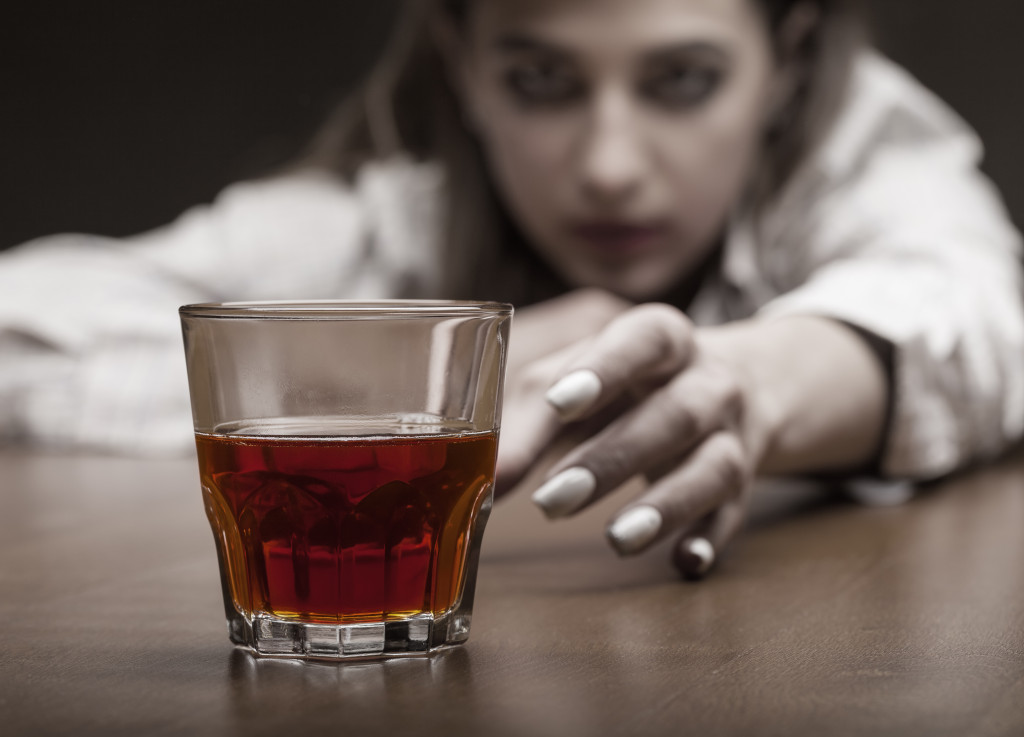Alcoholic beverages are not inherently bad. When people drink, they usually have a good time. They enjoy the taste and experience of being inebriated to some extent.
However, there are people who take their appreciation for alcohol too far and this is when problems start manifesting themselves. Alcohol can be dangerous when it is consumed beyond a safe or reasonable limit. When this happens, you run the risk of developing an addiction.
People who become alcoholics don’t really notice that they are dependent on the substance until their lives are negatively affected. By that point, quitting becomes more challenging. They experience unpleasant withdrawal symptoms that make them want to drink again as soon as possible, and this is when an alcoholic can relapse.
If you’re wondering if you have a drinking problem, ask yourself the following questions:
Do You Ever Try to Drink More?
Alcoholics often try to drink more than they normally should because of a psychological obsession with alcohol. They feel like they need to drink as much as possible before they can stop, and this is when their problems start.
Do You Get Angry When Someone Tries to Stop You from Drinking?
If you feel like your friend or family member is trying to harm you by taking away your alcohol, then you probably have a problem. People who don’t want to drink anymore may experience withdrawal symptoms that make them physically ill, and their friends and relatives take it away for this reason. If someone takes away your glass of wine and you get mad at them, then you might be an alcoholic.
Do You Make Excuses to Drink?
Alcoholics almost always find ways to justify their drinking. They may say that they need it for their social or work life, so they can’t quit. They might also tell themselves that it’s fine because they are not addicted yet.
At first, this excuse seems valid, but as time goes on and the amount of alcohol consumed continues to increase, you become more dependent. If you’re finding excuses to drink every day then you could be headed down a dangerous path.

Have You Ever Felt Guilty After Drinking?
Alcoholism causes people to develop a negative relationship with alcohol. If you feel like you are doing something wrong by drinking, then it is time to seek help before things get worse. People who drink excessively often become self-critical and this thwarts their progress in quitting.
Do You Have Blackouts?
One way alcohol has an impact on your brain is by affecting how memory works. This is especially true if you drink too much in one sitting or combine alcohol with other substances like illegal drugs. People who have a history of blackouts can sometimes perform basic functions like walking or talking normally, but they won’t remember it the next day.
If you find that you’re having blackouts, then there is a possibility that you are an alcoholic.
Alcohol affects the brain, and memory is only one of the things that can be impaired. Over time, it can lead to shrinkage, nutritional deficiency, and poor blood circulation in the brain.
Long-term alcohol abuse can even change how certain parts of the brain look or function. The prefrontal cortex, for example, which is responsible for controlling impulses and moderating social behavior might be damaged by heavy drinking.
Are Your Physical and Mental Health Taking a Hit?
One of the reasons alcoholism is dangerous is because it can have a negative impact on your body. If you drink too much, you’re going to ingest a lot of empty calories that will add weight and harm your muscles. You could also damage your organs with the regular consumption of alcohol.
Your liver can suffer the most since it is responsible for removing alcohol from the bloodstream. If you have liver problems, then this can damage how well your body functions overall. But alcohol, when consumed in excess, can also cause cancer, heart disease, immune problems, and dementia.
If you drink heavily every day, then it will affect your mental health as well. Alcohol abuse is associated with depression and anxiety disorders. This is because alcohol actually changes the chemical balances in the brain. If you think you might be suffering from depression or anxiety disorder, then this could be a sign of an underlying alcohol problem.
Abstinence is important in order to fully recover from alcoholism. Quitting cold turkey is not usually recommended, however, because it causes withdrawal symptoms that are physically uncomfortable and difficult to cope with psychologically. Instead, you can go to an alcohol detoxification facility or work with a medical professional to gradually lower the amount of alcohol that you consume.
